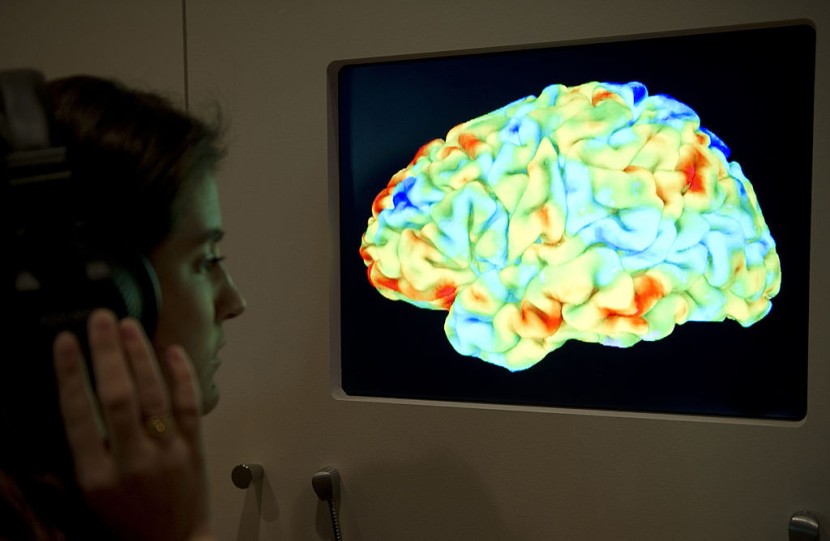After getting sick from a brain-eating amoeba, a Texas resident drowned, according to officials on Wednesday.
After swimming in Lake Lyndon B. Johnson in August, the swimmer contracted amebic meningitis illness, which is brought on by Naegleria fowleri, also known as a brain-eating amoeba. The victim has not been publicly named by authorities, according to CBS News.
The Centers for Disease Control and Prevention received a sample specimen from the case, according to the authorities.
According to health officials, the single-celled organism Naegleria fowleri dwells in warm fresh water. It travels to the brain after entering the body through the nose. Primary amebic meningoencephalitis, a brain infection that damages brain tissue, can be brought on by it. Almost always, the infection is lethal.
A Deadly Amoeba
The CDC states that from 1962 to 2022, only 157 instances were reported. Only four of the patients made it through that time. According to the FDA, swimming in southern states has been connected to most infections in the U.S. According to state statistics, Texas experienced 39 occurrences of primary amebic meningoencephalitis between 1962 and 2002.

According to CDC data, the virus usually affects boys under the age of 14. Naegleria fowleri has been linked to multiple deaths this year, including those of a Georgia citizen and a youngster in Nevada. Each victim passed away in July. The Florida Department of Health also recorded a March illness.
The CDC states that symptoms can appear one to 12 days after swimming in or having some other nasal exposure to water harboring Naegleria fowleri. One to 18 days after the onset of symptoms, people pass away.
A fever, severe headache, stiff neck, convulsions, changed mental status, hallucinations, and nausea are all indications of an infection. Some affected people may experience comas.
Brain-eating amoeba is a rare but serious infection. Treatment is supportive and includes measures to reduce brain swelling and inflammation. In some cases, doctors may try to remove the amoeba from the brain using surgery.
A Warning to Swimmers
According to health officials, Swimmers should always assume a risk when they enter warm freshwater because Naegleria fowleri occurs naturally in the environment. Naegleria fowleri can be found in badly maintained or inadequately chlorinated swimming pools and water parks while not living in seawater.
Swimmers should hold their noses closed, use nose clips, or keep their heads above water when swimming in freshwater to lessen the risk of amebic infections, according to Austin Public Health.
The CDC advises against diving or jumping into warm freshwater bodies of water. This is especially important during the summer.
© 2025 HNGN, All rights reserved. Do not reproduce without permission.








